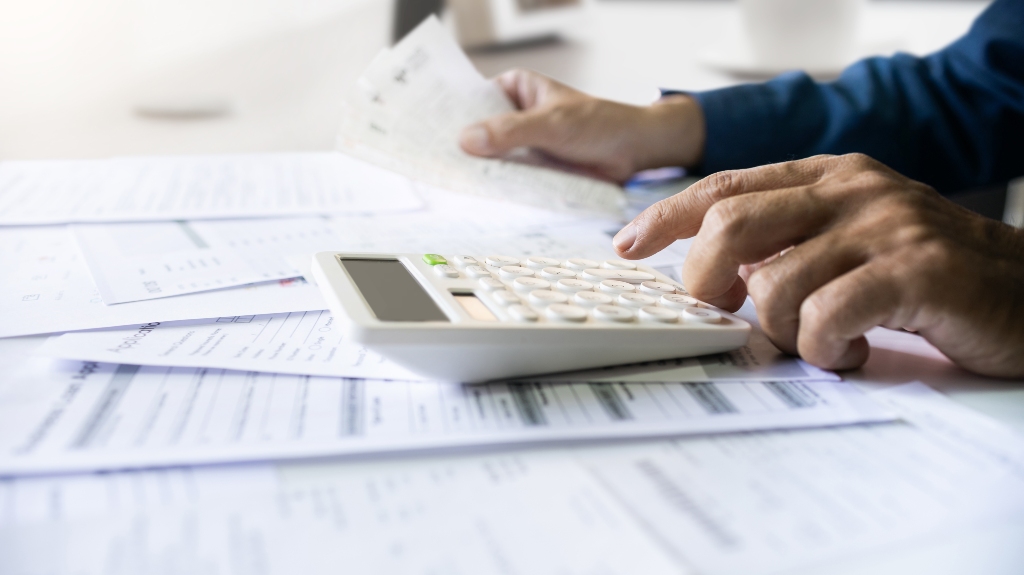
When you file for Chapter 11 bankruptcy, you’re setting your business up for the possibility of continuing its operations as you repay your creditors and get rid of your debt over time. While most business owners know that loans and lines of credit will need to be repaid, many fail to understand the tax implications of filing for Chapter 11 bankruptcy. Your Wisconsin business bankruptcy attorney can help you better understand how your tax situation may be impacted, but here are a few of the basics you should know before you file.
Chapter 11 Bankruptcy Doesn’t Forgive Tax Debt
It’s important to note that your tax liabilities and any existing tax debt you have will still be your responsibility to repay. You may be able to negotiate a lower total payment with the IRS, but your tax debts will not typically be forgiven even when you file for Chapter 11 bankruptcy. Remember, Chapter 11 bankruptcy doesn’t discharge your debts. It just gives you more time to pay them back. And since the IRS can function as one of your creditors in bankruptcy court, you’re expected to make payments.
The Challenges Start After You File
When you file for Chapter 11 bankruptcy, the court effectively establishes a bankruptcy estate. This estate oversees the repayment of your debts, including your tax liabilities. If you’re remaining in possession of the business, you’ll oversee the estate under the guidance of the court. If you’re not remaining in possession, the court will appoint a bankruptcy trustee to oversee the estate.
Once the estate is formed, you’ll be responsible for calculating how much you owe to both the state and the federal government. This can be tough if you’re not particularly skilled with accounting, math, or other similar tasks. You may want to consult with a tax professional to make sure you’re paying what you owe.
You’re Still Responsible for Taxes on Income Earned
If your business is still running, you’ll owe taxes on the income you earn after you file for bankruptcy. Again, consulting with a tax professional may be in your best interest. They’ll be able to determine how much you need to pay, keep you up to date on quarterly tax deadlines, and may be able to file on your business’s behalf, so nothing falls through the cracks.
Remember, you’ll need to file your returns on time every year. Otherwise, you could face an audit and be subject to additional fines and fees that could put strain on your business’s finances. Again.
Refunds Can Be Tricky
If your business’s quarterly tax payments were greater than what you owe, you would ordinarily be entitled to a refund. Any refunds you may receive could become the property of the bankruptcy estate and used to repay any back taxes or be used to settle other outstanding debts. Your Wisconsin business bankruptcy attorney will be able to guide you through the process and help you better understand what to expect after you file.
It’s Best to Schedule a Consultation With a Tax Professional
If you’re worried about your business’s tax situation, the best thing you can do is speak with a tax professional. They’ll go over your business’s finances and supporting documents to help you figure out what you owe, when you owe it, and what you need to do to avoid getting audited in the future. Just be sure to disclose your bankruptcy to them so they know exactly where you stand and what you’re working with.
Your Wisconsin Business Bankruptcy Attorney Is Here to Help
Navigating tax challenges after filing for Chapter 11 bankruptcy can be tough. This is why working with an experienced business bankruptcy attorney from the very beginning is so essential. At Kerkman & Dunn, we’ll work to understand your unique situation and will support your filing every step of the way. Contact us to schedule a free consultation today.


